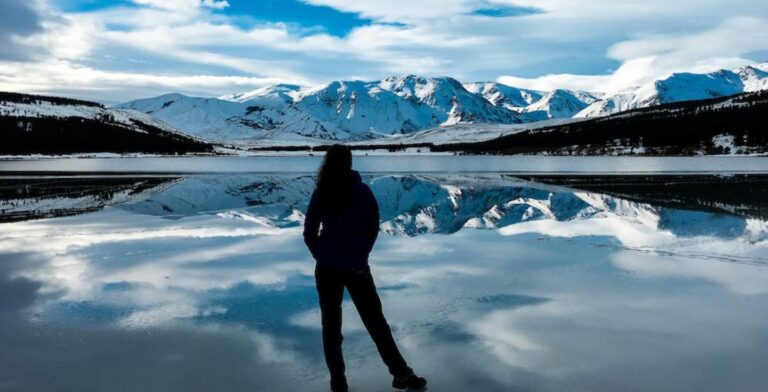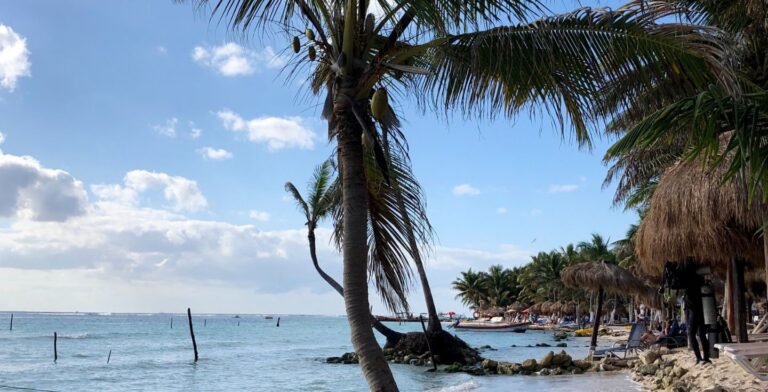What to Wear on a Safari in South Africa
Long trousers, neutral colors, long-sleeve shirts, and sunglasses are just some of the things you need to wear on a safari in South Africa.


 +1M
+1M
Holafly saves you +30% compared to other roaming fees
Plans that may interest you
You might think that you can wear anything and any color when you go on a Safari in South Africa. However, when packing for international travel, especially for an encounter with nature, you have to be innovative and know that you might not just be seen as a visitor but also as an intruder.
Using the correct type of clothing and colors is beneficial in terms of security and safety and will definitely take your Safari excursion a long way. Using neutral colors and long-sleeved shirts, shorts, high socks, and boots will help you blend with your surroundings, keep you cool and protected, and avoid startling the wildlife.
Today’s guide will discuss what to wear on a Safari in Africa and other vital trips, like packing essentials and getting a data plan. Don’t miss out, and make some quick notes!
Colors to Wear on Safari: Importance of Blending In
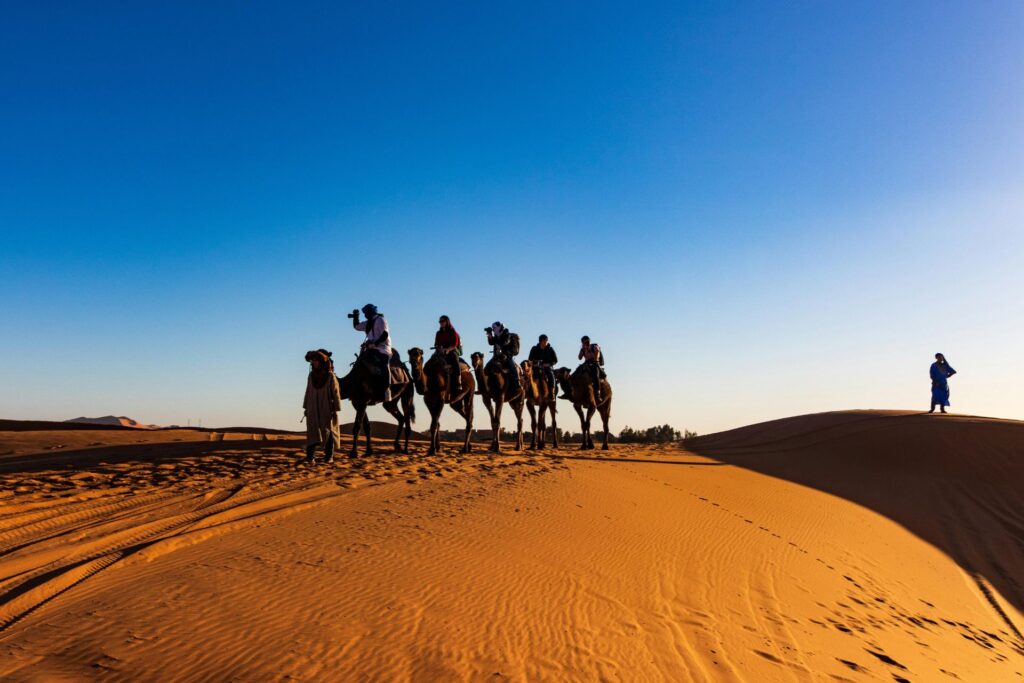
On a safari, you’re surrounded by wild animals and must keep yourself and others safe. Besides staying at a reasonable distance and not making eye contact or sudden noises, safari colors also impact your interaction with nature.
Intense colors can draw the wildlife’s attention and startle them, which could get defensive, especially if when they’re with offspring. You do not want to draw attention or seem like a threat to the local wildlife. Some animals may try to protect themselves and their herds or groups by charging towards you or the vehicle.
The best safari colors are khaki, beish, olive, tan, brown, and earthy greens, and in their neutral tones, they blend in with the surroundings and won’t scare off the game view. Avoid strong colors or very dark colors like black or dark blue or even any very pale colors, since they can easily get dirty.
| Color | Benefits |
| Khaki | Blends well with the Savannah landscape, helping you to camouflage and avoid startling wildlife. |
| Olive | Offers similar camouflage benefits to khaki while also providing a slightly darker alternative. |
| Brown | It mimics the natural tones of the environment, like sand and mountains, making it easier to blend in and observe wildlife undetected. |
| Beige | It provides a neutral option that is less likely to attract animal attention and disrupt their behavior. |
| Tan | Offers a versatile color choice that is practical and effective for blending into the surroundings. |
| Gray | It can be a suitable alternative in specific environments, mainly if the landscape features rocky terrain. |
| Earth Tones | Generally, any muted earthy hues such as sand, taupe, or olive green are best for safari environments. |
Clothes for Safari in South Africa
Knowing what colors to wear on your African Safari can make a difference in terms of enjoyment and comfort as well. Colors are not just for fashion or to look good; some colors absorb or reflect light and heat, which affects your body temperature control.
For the upper body, lightweight, long-sleeved shirts made from breathable materials like cotton or linen offer protection from the sun and pesky insects. Pair these with convertible pants that allow you to adjust to changing temperatures throughout the day.
Colors you should avoid are black and dark blue given the fact that they attract tsetse flies which have a painful bite. White is good for a lunch or afternoon indoors, but not for a safari. Due to sand and dirt, too light colors will stain quickly.
One important recommendation is not to wear camouflage, as these colors are generally reserved for the military and could be illegal in some African countries.
Wear the Correct Layers of Clothing
Pack several layers and variable clothes for a Safari in South Africa. Layering is key for staying cool in temperatures that can change throughout the day. Start with a moisture-wicking base layer, add insulating mid-layers as needed, and top it off with a waterproof jacket for unexpected rain.
Long-sleeved shirts protect against insect bites while keeping you cool in hot temperatures. On the other hand, cargo pants offer plenty of space to take essentials on-the-go like sunscreen and mosquito repellent.
Footwear that Goes the Distance
Choose comfortable, supportive footwear with a good grip to navigate uneven terrain and long walks comfortably. If you’re going on a complete walk safari, it’s best to take rugged but comfortable shoes or even boots, as these are more resistant to constant use, and you might even want to use these while you’re out and about in African cities.
Don’t forget to add breathable but well-layered socks to avoid insect bites, dust, and dirt. Never take sandals or flip-flops because of dangerous insects like snakes and scorpions. Regarding sports shoes, these might be breathable and comfortable but not resistant enough to rough terrain.
Packing for your Safari
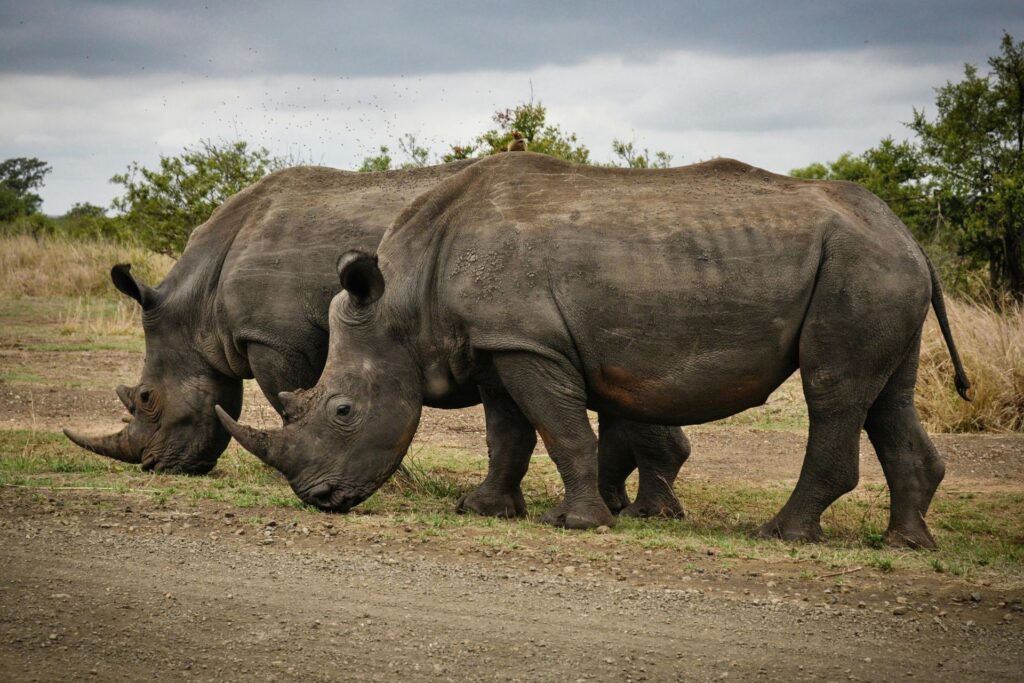
Now you know what colors and specific types of clothes are recommended to enjoy your adventure on a South African safari. Clothing is not everything you need to consider when packing for an African safari. You also need to keep in mind factors like protection from the sun, hydration, and even the weather.
We know that there are some vital items that you should pack for international travel. Besides clothing pertaining to a safari, documentation, and permits are also significant, so you don’t have any issues in South Africa. Even taking the local currency is important in case card terminals are not popular.
Let’s take a look at a quick list!
- 1. Lightweight, Long-Sleeved Shirts
- 2. Convertible Pants
- 3. Sturdy, Closed-Toe Shoes or Boots
- 4. Wide-Brimmed Hat
- 5. Sunglasses
- 6. Waterproof Jacket
- 7. Moisture-Wicking Socks
- 8. Buff or Scarf
- 9. Gaiters (optional)
- 10. Neutral-Colored Clothing
- 11. Layering Pieces
- 12. Swimsuit
- 13. Documentation, ID, permits
- 14. Local Currency
Adapting to South Africa’s Weather
Depending on the season, you’ll need different clothing and dressing for different climates and weather. However, even if it’s hot or mild, one of the main clothes to wear for safari in South Africa is a long-sleeved shirt.
Summer (December to February):
- For the hot months of summer, lightweight, breathable fabrics such as cotton or linen are best for the intense heat: pack shorts, T-shirts, dresses, and sandals for daytime outdoor leisure activities. Get lightweight, long-sleeved shirts and convertible pants for Safari time to protect against the sun and insects.
Fall (March to May):
- Transition to slightly warmer clothing as temperatures begin to cool. Dress in layers such as long-sleeved shirts, lightweight jackets, and jeans for cooler mornings and evenings. As for adventure and similar to summer, lightweight, long-sleeved shirts and convertible pants are suitable for safaris during autumn.
Winter (June to August):
- Around this time of year, it’s best to get used to lower temperatures by packing warm layers such as sweaters, jackets, and scarves. Long pants and closed-toe shoes are essential for those chilly days and nights. Dress warmly for safaris during winter with thermal layers, fleece jackets, and waterproof outerwear.
Spring (September to November):
- With the warm weather back on track, pack a mix of light and warm clothing, like long-sleeved shirts and a lightweight jacket. Similar to fall, long-sleeved shirts and convertible pants are suitable for safaris during spring. Remember your sunscreen and insect repellent!
Additional Items Ideal for a Safari in South Africa
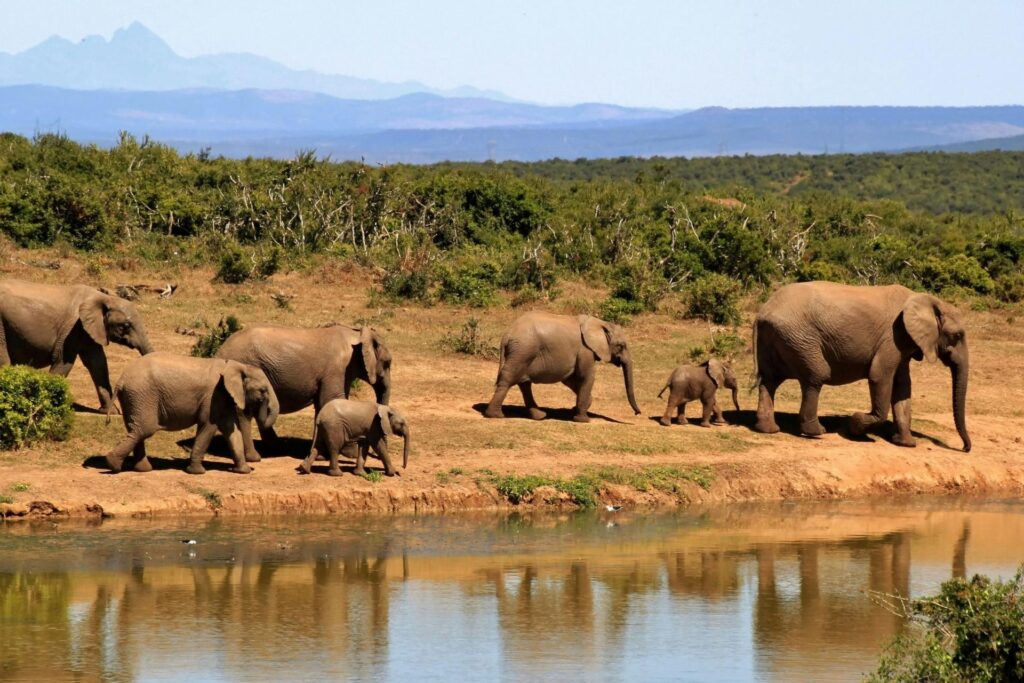
In addition to clothing, packing a few extra essentials can enhance your safari experience.
| Sun Savvy | Keeping Bugs at Bay | Geared Up for Adventure |
| Wide-brimmed hat | Bug spray or insect repellent | Binoculars |
| Sunglasses | Citronella candles | Camera with zoom lens |
| High SPF sunscreen | Lightweight, long-sleeved shirts | Map or GPS device |
| Sun protective clothing | Lightweight, long pants | First aid kit |
| Hydrating facial cream | Mosquito coils | Compass |
| Portable shade shelter | Multi-tool or pocket knife | |
| Flashlight or headlamp | ||
| Data eSIM plan |
A Safari Data Plan
Being so far away from the main cities, you must keep an internet connection during your excursion. Post all your adventures online and share the beauty of the South African natural wildlife. There are many options to connect, for example:
Pocket WiFi:
A portable device that generates a WiFi hotspot lets multiple devices connect to the internet while on the go. However, remember that the rental and data plan are sold separately. It could end up being expensive.
Roaming:
This option lets you use your home data plan and cellular services in other countries. An important fact here is that most service providers charge a higher rate per minute, text message, and megabyte consumed. If you use roaming constantly, you’ll get a hefty bill at the end of your trip.
eSIM (Embedded SIM):
This new innovative digital SIM is a chip that’s embedded into smartphones, tablets, and even laptops. With this convenience, you just scan a QR code to activate your data plan and connect in minutes! Providers, like Holafly eSIM for South Africa, offer the following perks and benefits:
- Unlimited data
- Enjoy 500 Mb per day to share with others.
- 24/7 customer service
- Easy activation through the official app.
- No physical SIM card is needed.
- Network flexibility without switching cards.
- No roaming fees.
- Quick and simple setup process.
- Compatibility with various devices.
Finish your itinerary with the best colors to wear on Safari in South Africa and the most reliable internet connection. You can safely and calmly enjoy up close with elephants, giraffes, and zebras with neutral earth colors.
Take beautiful pictures and show them off with friends and family back home, so make sure you include a Holafly eSIM for South Africa.
Frequently Asked Questions
Opt for neutral, earthy tones like khaki, olive, and brown to blend in with the surroundings and avoid startling wildlife.
Avoid bright colors and flashy patterns that can attract attention and disturb the natural habitat.
Dress comfortably in lightweight, breathable clothing with layers for adjusting to changing temperatures throughout the day.
Pack sturdy, closed-toe shoes, lightweight long-sleeved shirts, convertible pants, and a waterproof jacket to stay comfortable during game drives in Kruger National Park.




 No results found
No results found






